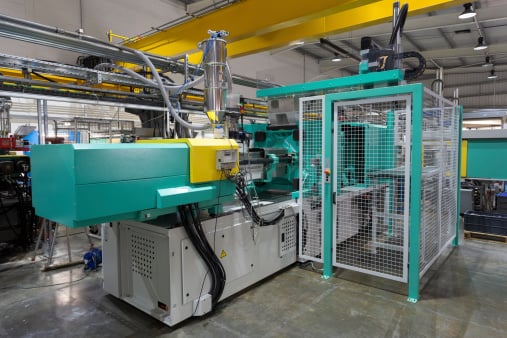How Do Plastic Resins Work?
Plastic resins are all around us in the world. Plastic resins are used in a wide variety of products, including bottles, containers, automotive and medical parts, and much more, because of their many attractive characteristics. A wide family of materials known as plastic resins includes several substances, each of which has distinct qualities that make it perfect for a particular use. Understanding the benefits of each type of resin is essential when selecting it for your project.
What Are the Distinctions Between Plastic and Resin?
Plastic and resin are both crucial substances.
yet have some significant distinctions, such as:
- Origin: Unlike plastics, which are manmade and primarily made from petrochemicals, resins are found naturally in plants.
- In contrast to resins, which are amorphous compounds that can either be solid or semi-solid, plastic is a sort of synthetic resin.
- Impurities are absent from plastics, which are also more stable than resin. Impurities cannot be avoided while using resins.
- Hardness: Resin is often a gluey and viscous substance, whereas plastic is thick and hard.
- Resin offers a more environmentally friendly alternative to plastic because it is natural. Plastic includes hazardous chemicals that frequently slow down its rate of decomposition and can pollute the environment.
Common uses of plastic resin injection molding
A large variety of resin compounds are compatible with plastic injection molding. Understanding the requirements of your specific application is crucial when choosing the best resin for your needs. Different injection molding resins are frequently used for the following purposes:
ABS
Plastic wall plates for electrical outlets, protective headgear, keyboard keys, electronic components, and automobile parts such auto body parts, wheel covers, and dashboards are just a few examples of the many applications for injection-molded ABS. Additionally, it is utilized for a variety of consumer goods, sporting goods, and industrial fittings.
Celson (Acetal) (Acetal)
Injection-molded Celson is perfect for pulley wheels, conveyor belts, gears, and bearings due to its low coefficient of friction. Numerous high-performance technical components, lock mechanisms, weapons, eyeglass frames, and fasteners also contain this substance.
Polypropylene
Polypropylene used in injection molding has several uses in the commercial, industrial, and consumer sectors. Power tool bodies, appliances, packaging elements, sporting items, storage bins, and children's toys, for instance, all contain it.
HIPS
HIPS is used in appliances, printing devices, signage, and equipment parts because it has a higher impact strength. Toys for kids and electrical components are two more popular applications.
LDPE
Injection-molded LDPE is frequently used for applications such as medical device components, wire and cable insulators, toolboxes, and children's toys due to its flexibility and resilience to moisture and chemicals.
Where Do Plastic Resins Come From?
The "cracking process," which involves heating hydrocarbons to break down the bigger molecules into propylene, ethylene, or other types of hydrocarbons, is how manufacturers generate plastic resins. Following polymerization reactions involving these monomers, polymer resins are produced. These resins can then be gathered for additional processing, such as the addition of plasticizers, flame-retardant chemicals, colors, and other additives.
The compounds are split into polymers during the cracking process, which can then be mixed to create the appropriate plastic resin with the properties required for the desired use. Once the desired resin has been created, the desired items can be produced via injection molding.
Important Things to Think About When Selecting an Injection Molding Material
Keep the following factors in mind as you choose the resin for your project:
Impact strength – Certain applications call for a higher base strength than others, so it is important to establish a resin's Izod impact strength right away.
Tensile strength: The resin's capacity to withstand a specific weight without breaking is measured by its ultimate tensile strength, also known as strength.
Flexural modulus of elasticity is the measure of how far a material can be bent without suffering damage while yet reverting to its original shape.
Heat deflection – This is crucial for applications that need to be insulating or capable of withstanding a range of temperatures.
Water absorption is measured by how much liquid a substance has absorbed after being submerged for 24 hours.
Get in touch with Rex Technology Team right away if you need any assistance with your purchasing needs.

